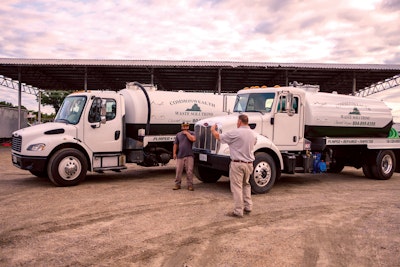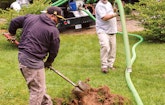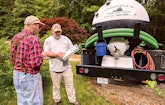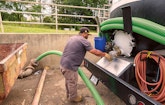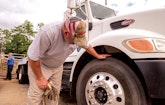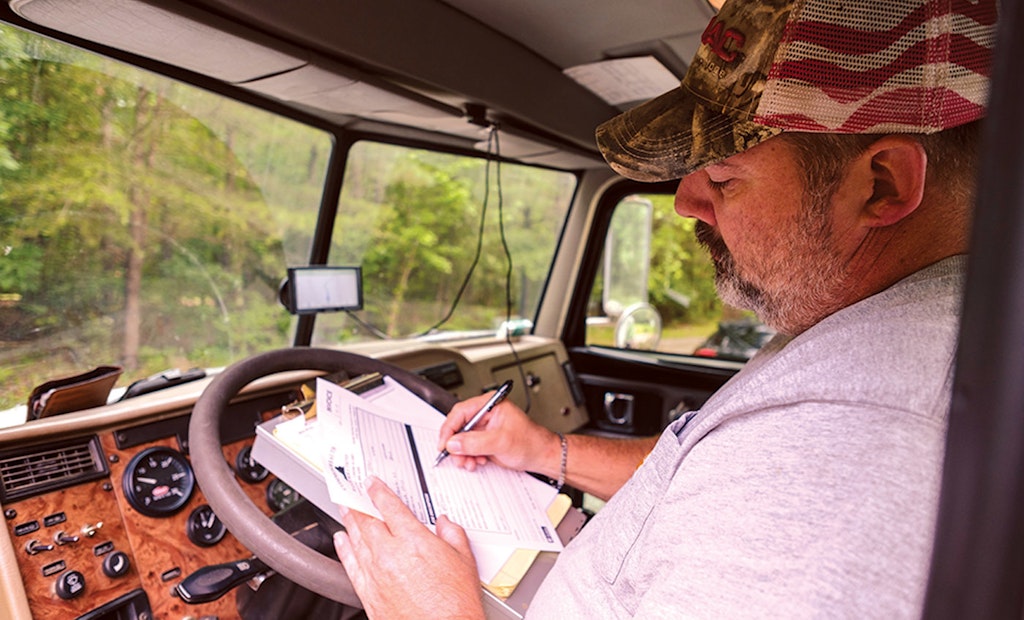
Muzzy writes an invoice from the cab of his truck. With a small operation, it’s important to stay on top of
The fact that Jason Muzzy has started not one, but two successful septic pumping businesses in the last 19 years is a testament to the power of persistence. His second business — Commonwealth Waste Solutions in Chester, Virginia — has generated double-digit income growth since its...
